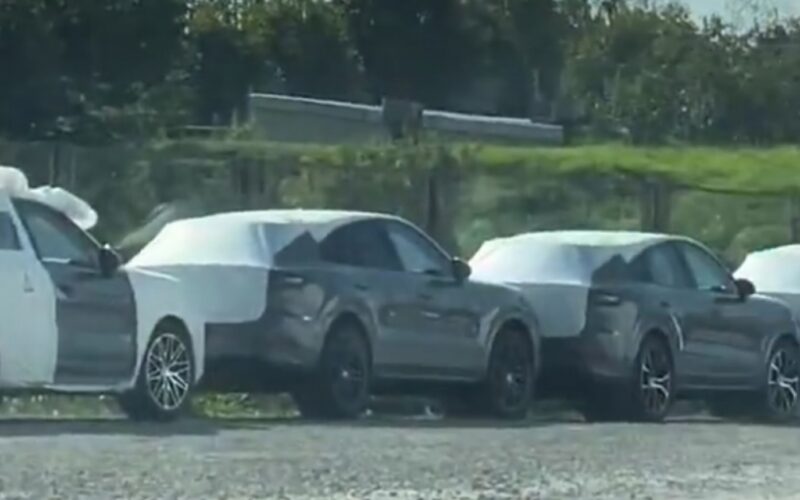The Latvian Customs Service did not allow 15 new Porsche cars to pass through due to suspicion that the cars, despite sanctions, would be sent to buyers in Russia. The cars, which, according to the documents, were travelling through Russia in transit to Kazakhstan, were detained at Rezekne II customs.
“The exported cargo was delivered to Latvia by road and then was planned to be transported by rail. Due to analysis of information about risks and suspicion that the vehicles might not be delivered to their destination in Kazakhstan and end up in Russia, goods were not exported and Latvian customs refused to let them leave the European Union. Customs authorities have informed German Customs about the risks related to a specific attempt to bypass sanctions,” said the Latvian authorities in a statement.
According to customs statistics, the number of attempts to circumvent sanctions in 2024 has not decreased, but even increased. During the first seven months of this year, customs authorities revealed 4,814 violations related to non-compliance with sanctions against Russia and Belarus. (In 2013, 7,789 such violations were prevented.)
In March 2002, the European Union banned exports of luxury goods from Russia, including vehicles worth more than 50,000 euros, as well as machinery, jewellery, perfumes, handbags, precious stones and delicacies. The decision was published in the EU’s official journal and stated: “This is a message saying that sanctions are aimed at wealthy Russians associated with government.”




